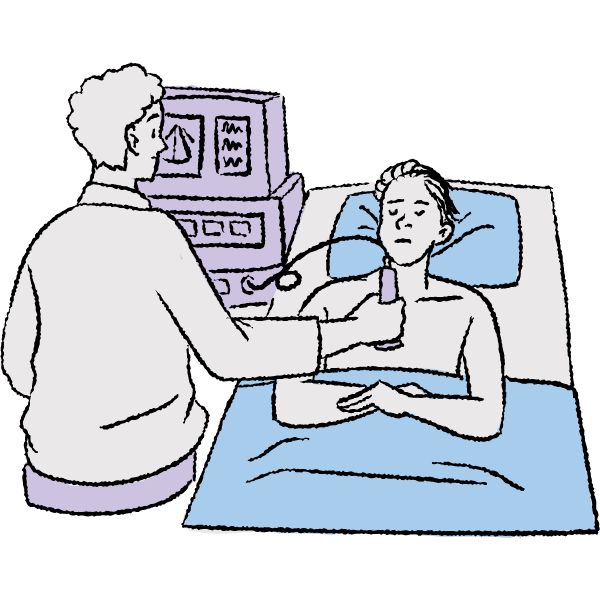
Echo
What is Echocardiography? Echocardiography, also known as an echo, is a diagnostic test that uses ultrasound waves to create images of the heart. This test helps doctors to see the heart's structure and function clearly.
Types of Echocardiograms:
- Transthoracic Echocardiogram (TTE): The standard test where the ultrasound probe is placed on the chest.
- Transesophageal Echocardiogram (TEE): Involves inserting the ultrasound probe down the esophagus for clearer images.
- Stress Echocardiogram: Performed during exercise or after administering medication that simulates physical exertion.
How is the Test Performed?
- Preparation: You may be asked to wear a hospital gown and remove upper body clothing.
- Procedure:
- Gel is applied to the chest area.
- An ultrasound probe is used to create images.
- Duration: The test typically takes between 30 to 60 minutes.
- Post-Test: Normal activities can usually be resumed immediately unless special preparations are required.
What Does an Echo Reveal?
- Assessment of heart size and shape.
- Evaluation of heart valve function.
- Detection of heart diseases such as cardiomegaly, valve disorders, and coronary artery diseases.